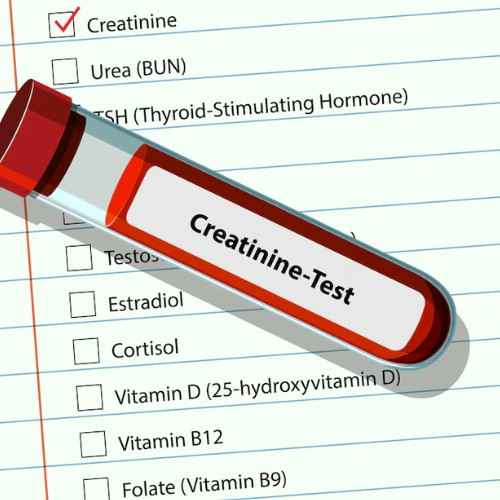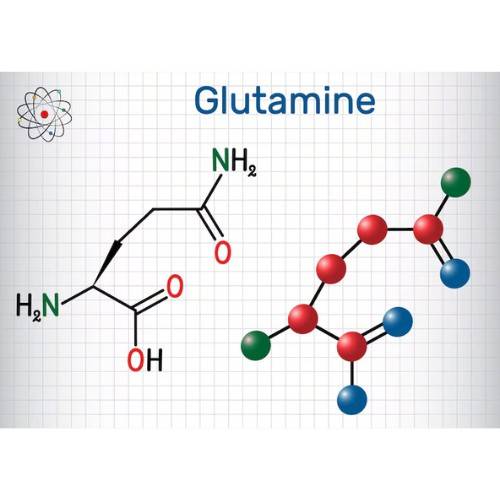Symptoms of High Creatinine: What You Need to Know
Creatinine is a waste byproduct created by your muscles during normal physical activity. Your kidneys filter it from your blood, and it’s excreted in urine. Your kidneys filter creatinine from your blood, and if they’re not working properly, levels can build up in your blood, leading to elevated levels. High creatinine levels can signify underlying health conditions, usually concerning the functioning of the kidneys, and recognizing the high creatinine symptoms is critical to treating the condition at an early stage. In this blog, we are going to talk about creatinine high symptoms, their importance, and why you should not take them lightly.
Check Creatinine Today
Early check, easy cure — don’t wait.
Join Now
Understanding High Creatinine
Creatinine: What Is It? Now, before we go about the symptoms, what is high creatinine? Blood tests measure creatinine levels, which are normally between 0.6 and 1.2 mg/dL for males and 0.5 and 1.1 mg/dL for females, but those values can differ slightly based on age, muscle mass, and lab standards. Elevated levels may not be good, possibly indicating renal impairment, dehydration, or other health issues. It’s not that high creatinine causes you to feel sick; rather, it’s typically a marker of something wrong that does.

Signs of High Creatinine Levels
Elevated levels of creatinine usually mean your kidneys are not effectively filtering waste. This may cause a variety of symptoms, and frankly speaking, the symptoms of high creatinine in females are pretty similar to those of males. The most common symptoms to look out for include:
- Fatigue and Weakness: Excessive tiredness or weakness is a prevalent symptom connected to high creatinine levels. When your kidneys do not function well, waste products and toxins build up in your blood, and you feel malaise. This fatigue might develop slowly, so you might not recognize right away that the cause is a health issue. If your fatigue is a constant, and not just on days when you get enough sleep, it’s worth checking in with your doctor as it can be one of the early signs of kidney dysfunction.
- Swelling (Edema): Another red flag is swelling in your legs, ankles, feet, or even your face. When the kidneys have difficulty, they might not filter out extra fluid from your body, resulting in fluid retention. This can lead to puffiness or a tight, swollen sensation in treated areas. If your socks feel tighter or your rings get snug, it may indicate kidney trouble.
- Shortness of Breath: If your kidneys don’t work properly and fluid builds up in your lungs, you have shortness of breath. It can feel like you can’t catch your breath, even with gentle activity. “It’s a serious symptom and should not be ignored, as it can be a sign of advanced kidney problems or other complications.”
- Changes in Urination: There's a lot that urine can tell you about your kidney health. Some changes that are often associated with high creatinine levels are:
- Reduced urine output: You may urinate more infrequently or in smaller volumes.
- Foamy or bubbly urine: This can be a sign of protein in your urine, which is associated with kidney damage.
- Dark or bloody urine: Discolored urine can indicate inflammation or infection in the kidneys.
- Frequent urination during nights: You require urination several times during
- Nausea and Loss of Appetite
When waste builds up in your blood, it can upset your stomach. Nausea, vomiting, or a general lack of appetite are common when creatinine levels are high. You might feel queasy or turned off by foods you usually enjoy. This can also lead to unintentional weight loss, which is another reason to seek medical advice.
- Itchy Skin
Persistent itching, especially without an obvious cause like a rash, can be linked to high creatinine. When your kidneys can’t filter waste properly, toxins can accumulate in your blood, irritating your skin. This itchiness is often widespread and can be particularly bothersome at night.
- High Blood Pressure
Your kidneys play a big role in regulating blood pressure. When they’re not functioning well, blood pressure can spike. If you’re experiencing headaches, dizziness, or blurred vision alongside other symptoms, it could be related to elevated creatinine and kidney issues.
Protect your future with one small step today.
Join Now
Muscle Cramps and Pain
Electrolyte imbalances, which often accompany kidney dysfunction, can cause muscle cramps or aches. You might notice these in your legs or arms, especially at night. These cramps can range from mildly annoying to downright painful.
When to See a Doctor?
High creatinine levels don’t always cause noticeable symptoms, especially in the early stages. That’s why regular checkups and blood tests are so important, particularly if you have risk factors like diabetes, high blood pressure, or a family history of kidney disease. If you’re experiencing any of the symptoms above, especially swelling, shortness of breath, or changes in urination, don’t wait. Contact your healthcare provider to discuss testing and next steps.
What Causes High Creatinine?
While this blog focuses on symptoms, it’s worth mentioning that high creatinine can stem from various causes, including:
- Kidney disease or damage: Conditions like chronic kidney disease or acute kidney injury are common culprits.
- Dehydration: Not drinking enough water can temporarily raise creatinine levels.
- Medications: Certain drugs, like NSAIDs or chemotherapy agents, can affect kidney function.
- High-protein diets or supplements: Excessive protein intake can elevate creatinine in some cases.
- Other conditions: Infections, heart failure, or urinary tract obstructions can also play a role.
Your doctor will help pinpoint the cause through blood tests, imaging, or other diagnostics.

Taking Care of Your Kidneys
If you suspect high creatinine or are experiencing symptoms, there are steps you can take to support your kidney health while awaiting medical advice:
- Stay hydrated: Drinking enough water helps your kidneys flush out waste.
- Watch your diet: Reduce salt, processed foods, and excessive protein. Focus on fruits, vegetables, and whole grains.
- Manage chronic conditions: Keep diabetes and high blood pressure in check with your doctor’s guidance.
- Avoid overusing painkillers: Long-term use of NSAIDs like ibuprofen can harm your kidneys.
Final Thoughts
High creatinine warning signs are a red flag that something is amiss, often with your kidneys. The symptoms of high creatinine: fatigue, swelling, nausea and more can be vague or easy to brush off, but they're your body's way of crying for help. You can take action to prevent future errors and protect your health by being aware of these warning signs and seeking medical attention. If you’re experiencing any of these symptoms or want to be proactive, ask your doctor about getting checked for creatinine levels. Your kidneys do a lot for you; let’s take care of them.








